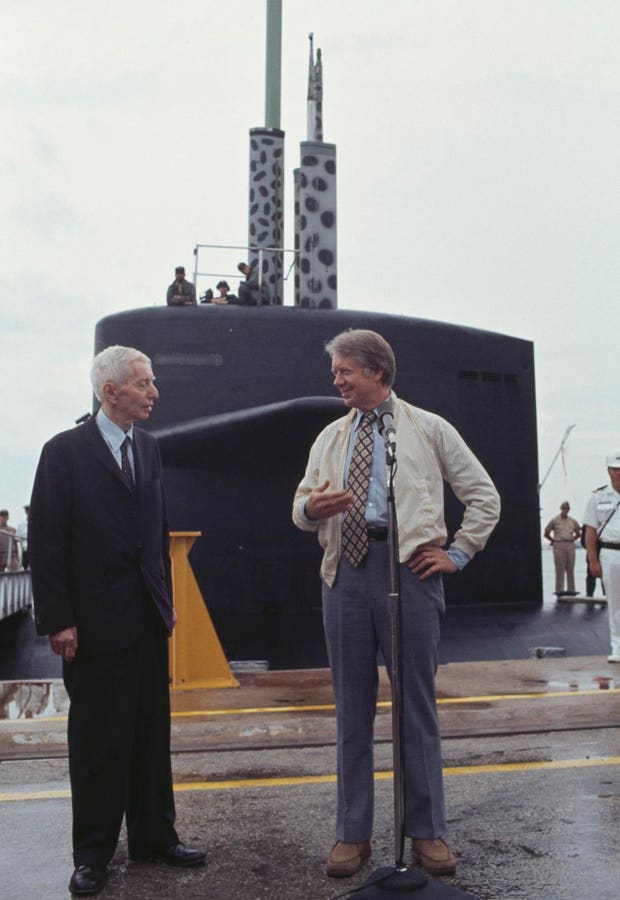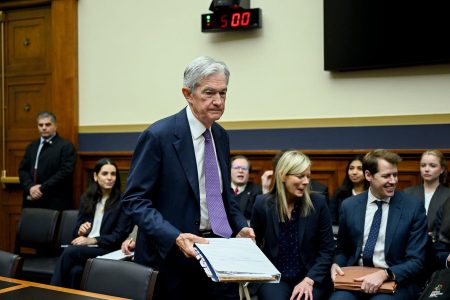The anecdote of young Jimmy Carter’s interview with Admiral Rickover serves as a powerful parable for achieving success, not just in one’s career but also in personal development. Rickover’s pointed question, “Did you do your best?”, forced Carter to confront his own level of effort and commitment. Carter’s honest, albeit self-deprecating, answer, revealed not only his humility but also a deep-seated desire to always strive for more. This brief exchange became a pivotal moment in Carter’s life, shaping his approach to leadership and ultimately contributing to his remarkable achievements, from the presidency to his Nobel Peace Prize. The essence of this story lies in understanding that true success isn’t just about achieving a goal, but about the continuous process of self-improvement and striving for excellence. This principle applies not just to individuals but also to teams and entire organizations.
To translate the principle of “doing your best” into tangible results, it’s crucial to establish clear metrics and feedback mechanisms. The concept of SMART goals – Specific, Measurable, Achievable, Relevant, and Time-bound – provides a practical framework for setting objectives and tracking progress. This structured approach allows individuals and teams to not only measure outcomes but also to assess the effort and dedication invested in achieving them. Regular feedback, both positive and constructive, reinforces a culture of continuous improvement and allows for adjustments in strategy and approach. Leaders should also prioritize acknowledging and celebrating both successes and failures, recognizing that failures provide valuable learning opportunities. Just as Rickover’s question fostered a culture of honesty and self-reflection in the nuclear Navy, organizations can cultivate similar environments by prioritizing transparency and accountability.
The pursuit of continuous improvement is a cornerstone of high-performing organizations. The military’s After-Action Review (AAR) process, Pixar’s Braintrust meetings, and Google’s Project Aristotle all highlight the importance of structured reflection and feedback. The AAR process, by systematically analyzing past events, identifies areas for improvement and facilitates learning from both successes and mistakes. Pixar’s Braintrust meetings encourage candid feedback, fostering a culture where risk-taking and experimentation are valued. Google’s research on high-performing teams emphasizes psychological safety, creating an environment where team members feel comfortable expressing their opinions and contributing their unique perspectives. These diverse approaches share a common thread: the creation of a safe space for open communication and honest self-assessment, which in turn fuels continuous learning and growth.
Resilience, the ability to bounce back from setbacks and adapt to changing circumstances, is essential for both individual and organizational success. A culture of honesty and reflection plays a pivotal role in building resilience. By embracing challenges as learning opportunities, individuals and organizations can develop the capacity to not only overcome adversity but also to emerge stronger and more resourceful. Carter’s life, marked by both triumphs and setbacks, stands as a testament to the power of resilience. His perseverance in the face of political defeats, personal tragedies, and health challenges demonstrates that resilience is not about avoiding hardship, but about navigating it with grace and determination.
Jimmy Carter’s life exemplifies the importance of fostering a culture of honesty and reflection. From his early encounter with Admiral Rickover to his post-presidency work promoting peace and human rights, Carter consistently demonstrated a commitment to self-improvement and learning from experience. His unwavering dedication to “doing his best,” even in the face of adversity, underscores the transformative power of this simple principle. The lessons from his life extend beyond individual achievement, offering a roadmap for organizations seeking to build resilient, high-performing cultures.
The question “Did you do your best?” is more than just a performance metric; it’s a catalyst for personal and organizational growth. By embracing self-reflection, promoting honest feedback, and valuing continuous improvement, individuals and organizations can cultivate a culture of resilience and achieve sustained success. Carter’s life serves as a compelling example of how this principle, when consistently applied, can lead to a life of purpose and impact. The key takeaway is not just to strive for success, but to engage in a continuous process of self-evaluation and growth, always seeking to do one’s best, not for external validation, but for the intrinsic reward of personal and collective advancement.










